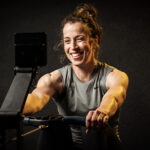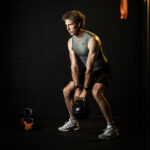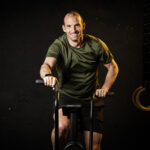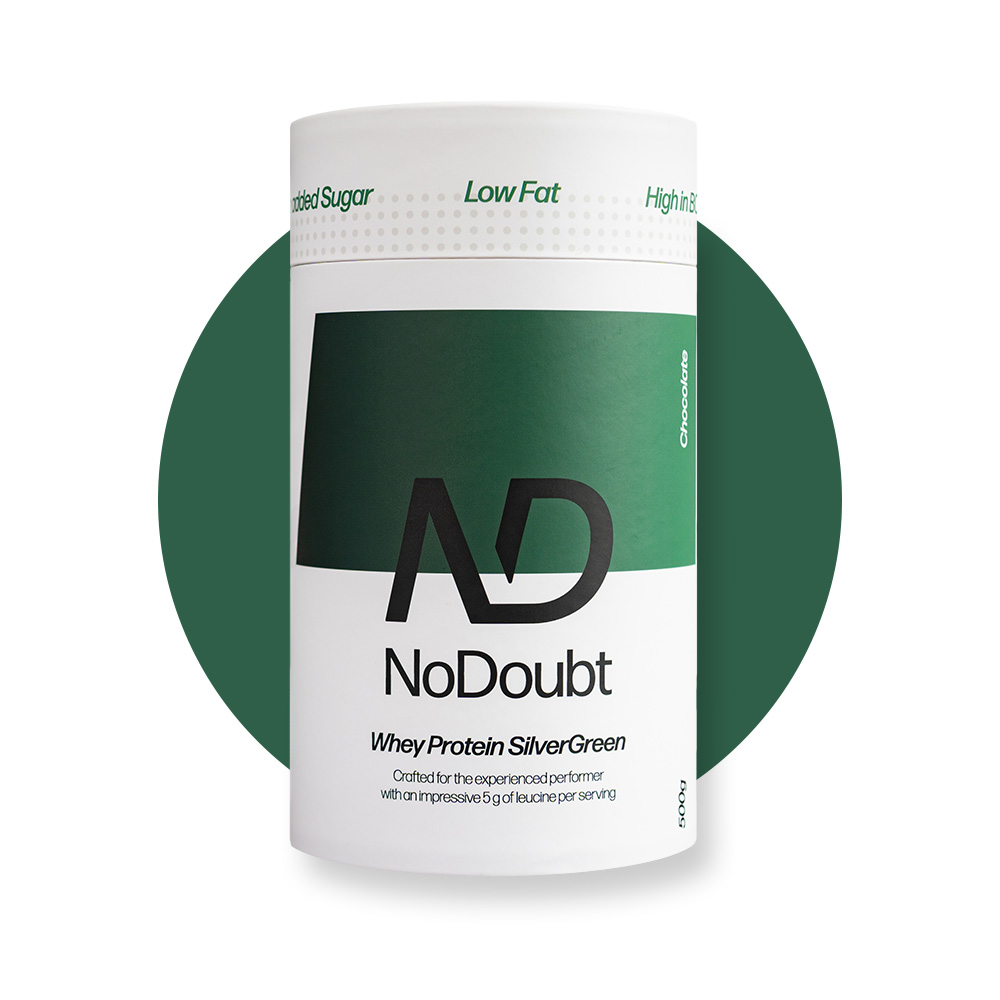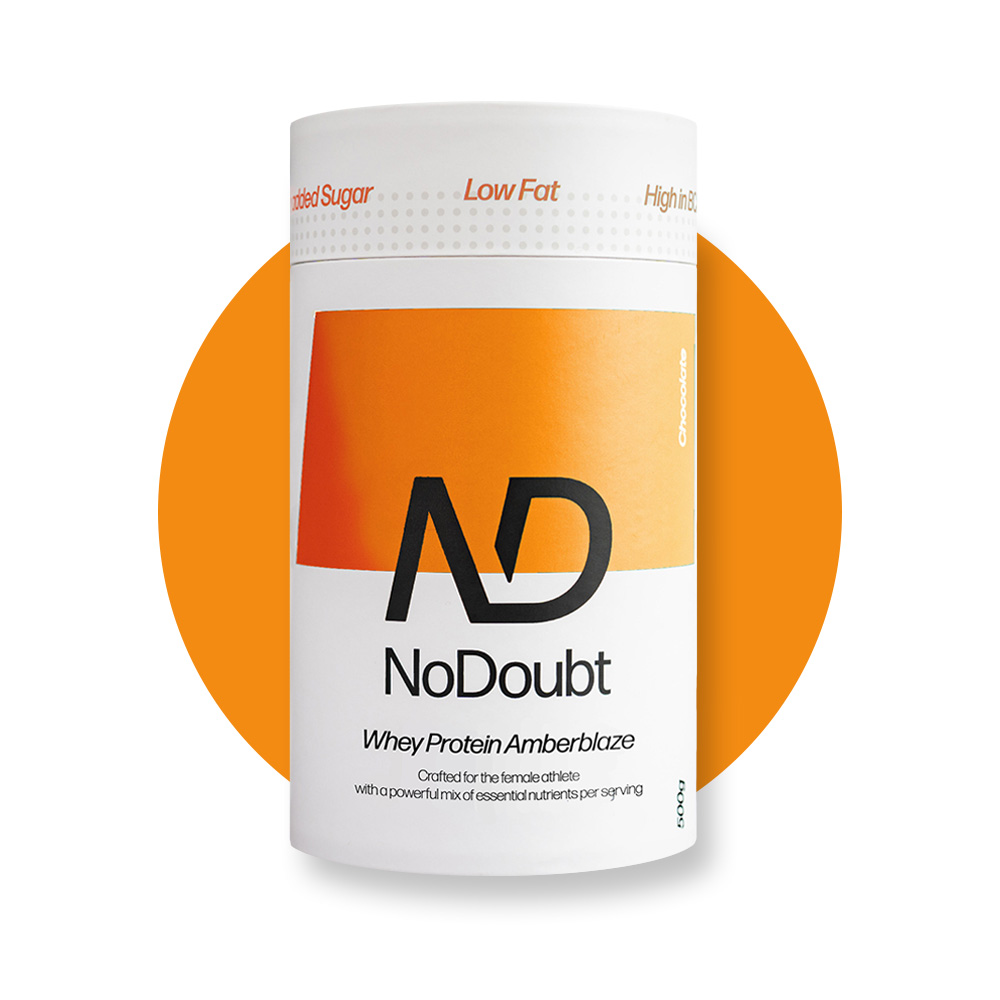To maximize performance as you age, it’s critical to focus on nutrition and recovery strategies that target muscle growth and repair. Ensuring a sufficient intake of leucine is an essential component of this approach. Leucine is an essential amino acid that plays a crucial role in stimulating muscle protein synthesis.
Leucine is found in protein-rich foods such as meat, fish, eggs, dairy products and pulses. Studies have shown that older athletes in particular benefit from higher doses of leucine to effectively trigger muscle protein synthesis. A leucine intake of at least 5 grams per serving is recommended, as this has been identified as the optimal amount to maximize the muscle-building response, especially in individuals over the age of 40. However, achieving this amount through diet alone is a major challenge. Food supplements are therefore a suitable option for supplying leucine in concentrated form and supplementing the muscle building blocks in a simple way.
In addition to leucine, it is important to maintain a total protein intake of 1.5 grams per kilogram of body weight per day. Protein sources that contain an optimal ratio of essential amino acids should be prioritized. High-quality whey protein is a valuable option.
In addition, incorporating omega-3 fatty acids into the diet can help reduce inflammation and improve recovery after exercise, which can ultimately improve performance. Fatty fish such as salmon and mackerel are excellent sources of omega-3 fatty acids. Alternatively, omega-3 supplements made from fish oil or algae oil can be a useful option.
Prioritizing protein-rich sources with leucine, maintaining adequate total protein intake and integrating omega-3 fatty acids into the diet effectively counteracts age-related muscle loss and maximizes performance.
NoDoubt SilverGreen is a high-quality protein powder that combines all these sources. It was specially developed for athletes aged 40 and over to explicitly cover their physiological needs.

